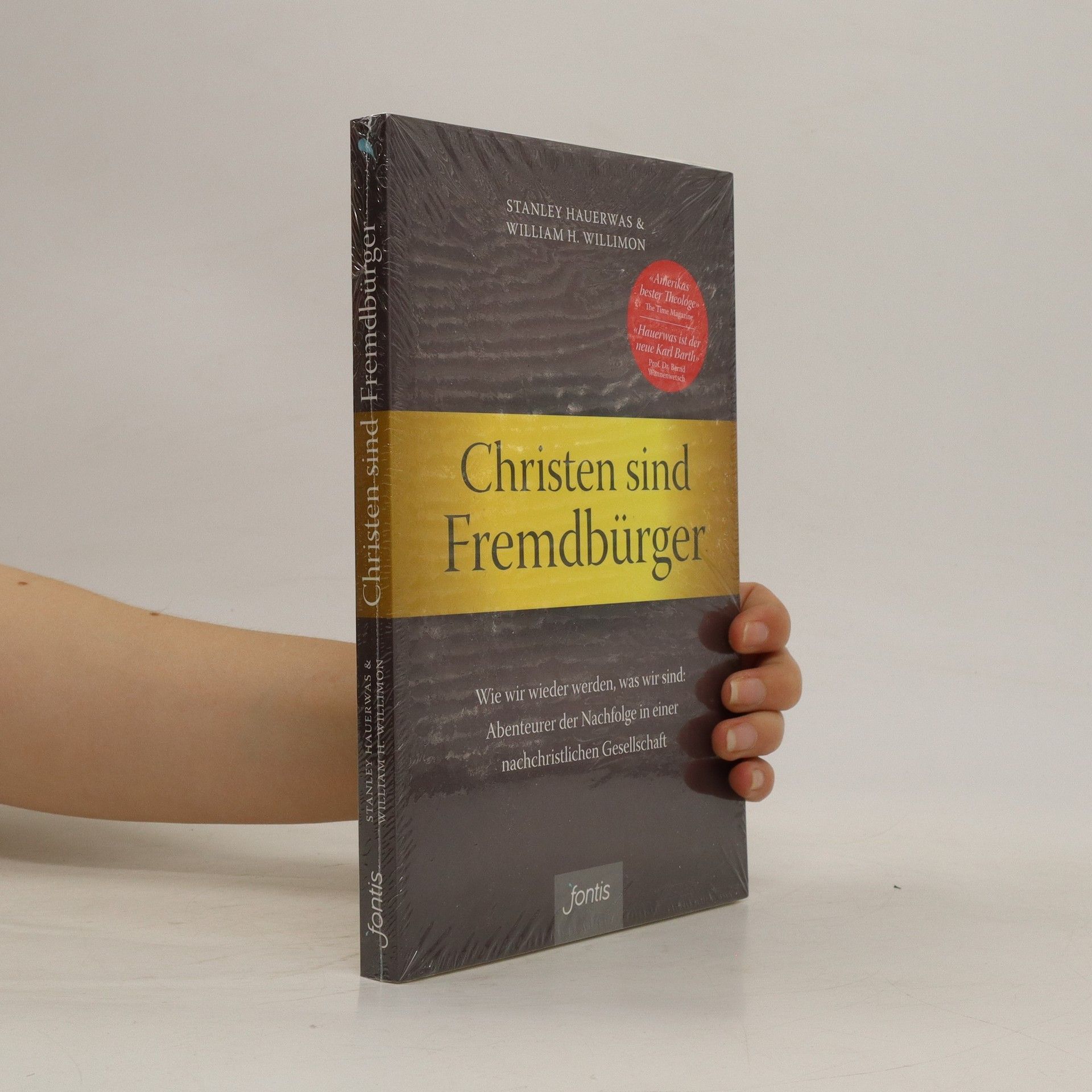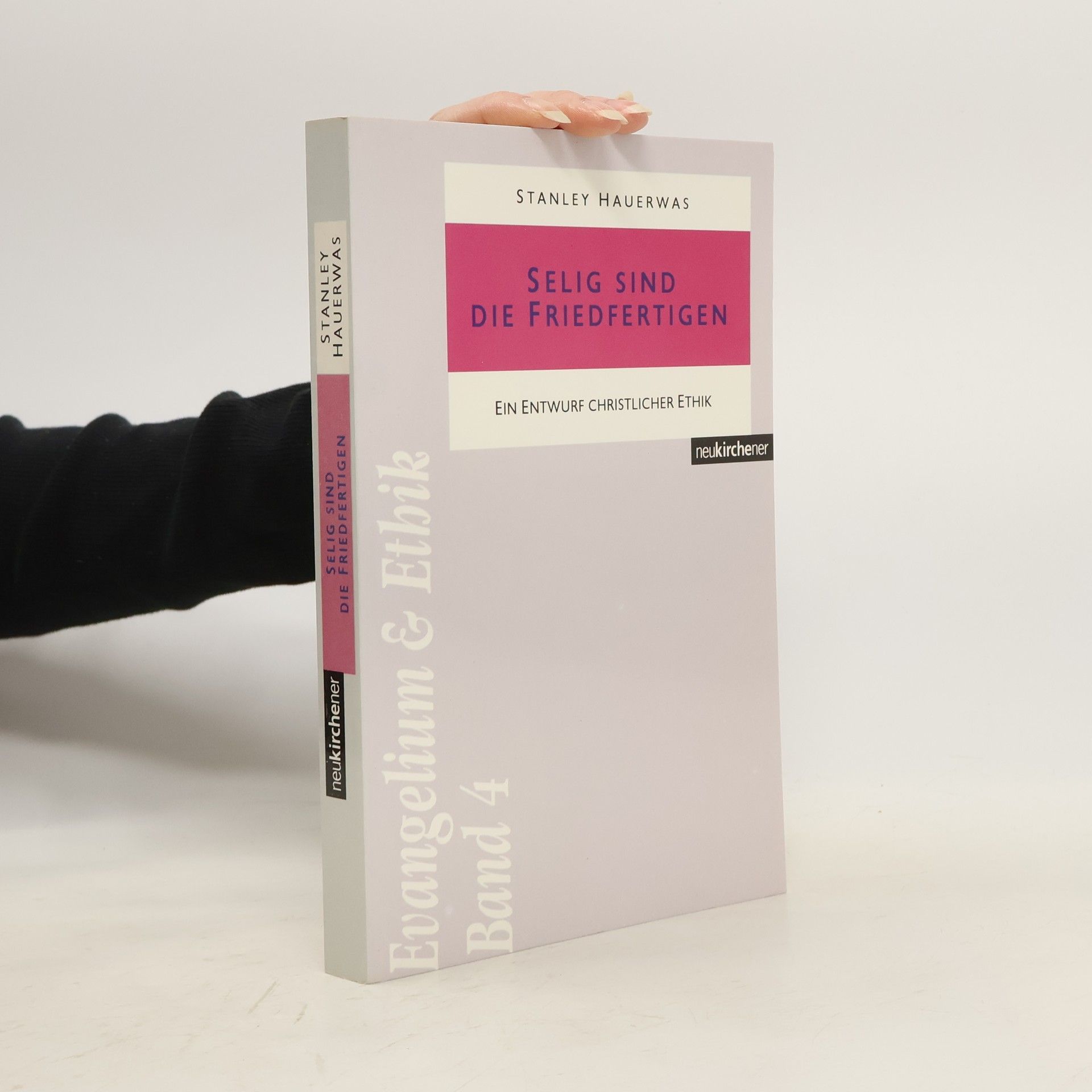Ježíšův žalm
- 111 stránok
- 4 hodiny čítania
V sedmi krátkých meditacích přistupuje autor k jádru velikonočního tajemství: "Jak je to zvláštní, že naše životy byly vykoupeny - doslova umožněny - životem, smrtí a zmrtvýchvstáním Ježíše Krista". Knížka přináší řadu pohledů na evangelijní výpovědi, které svou strohostí otevírají prostor tichu, proměně mysli i celého života.




